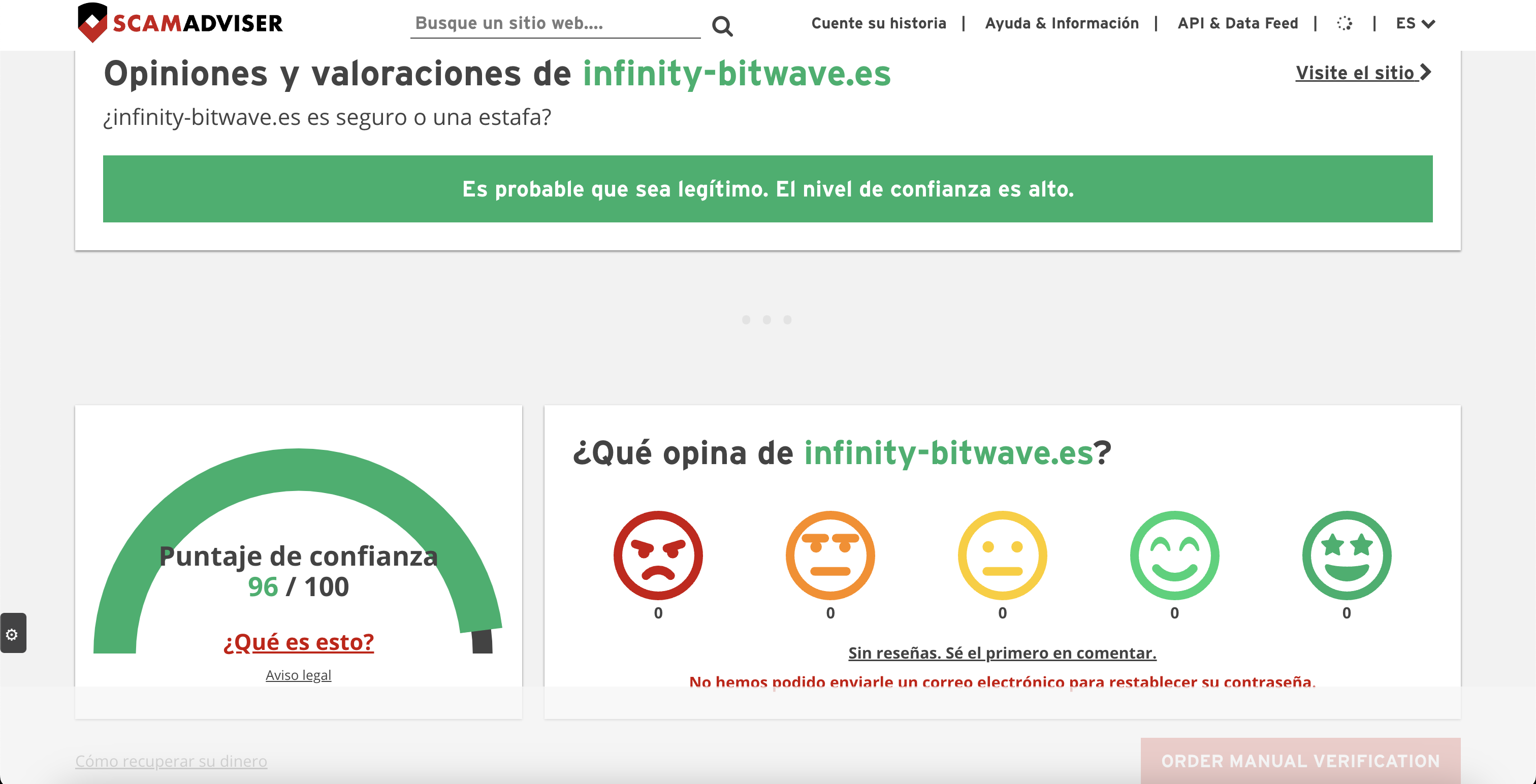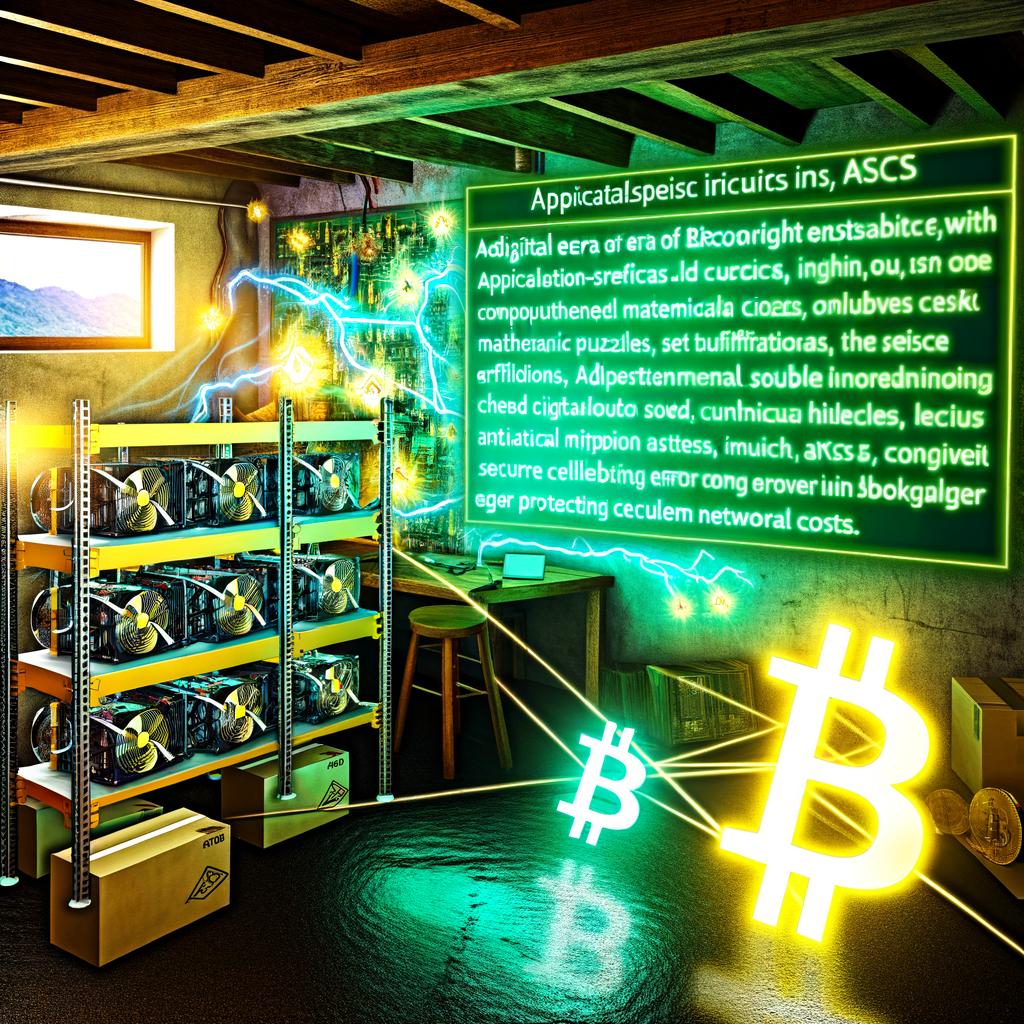Blockchain technology has rapidly transformed from a niche innovation to a cornerstone of modern digital architecture. As industries explore its potential, understanding blockchain development becomes increasingly important. This article delves into the fundamental aspects of blockchain, from its key components to the essential skills required for developers. Explore the various development platforms, the integral role of smart contracts, and real-world applications driving adoption. Additionally, we’ll examine the benefits, challenges, and career opportunities within this dynamic field, while also forecasting future trends poised to shape the blockchain landscape. Embark on this comprehensive journey to grasp the essence of blockchain technology.
1. Understanding Blockchain Development
Blockchain development encompasses the creation and maintenance of decentralized digital ledgers that can be public or private. These ledgers record transactions across multiple computers to ensure data integrity and security. Developers need to understand distributed network architectures, cryptographic principles, and consensus algorithms. By grasping these core concepts, one can create robust blockchain applications that foster transparency, accountability, and decentralized control. Mastery of programming languages such as Solidity, JavaScript, and Python is also crucial. This knowledge is essential for writing efficient code, deploying smart contracts, and ensuring the seamless operation of blockchain systems. Furthermore, familiarity with development platforms like Ethereum, Hyperledger, and Corda can significantly accelerate the deployment of blockchain solutions tailored to specific industry needs.
2. Key Components of Blockchain Technology
At its core, blockchain technology comprises several fundamental components that work in harmony to ensure its functionality and security. These key components include decentralized ledgers, consensus mechanisms, and cryptographic algorithms. Decentralized ledgers are distributed across a network of nodes, ensuring transparency and reducing the risk of tampering. Consensus mechanisms, such as Proof of Work (PoW) and Proof of Stake (PoS), validate transactions and maintain the integrity of the blockchain. Cryptographic algorithms secure data, providing confidentiality and authentication. These components collectively establish the foundation of blockchain, enabling it to revolutionize various industries through enhanced security, transparency, and efficiency.
Essential Skills for Blockchain Developers
In the realm of blockchain development, certain skills are crucial to navigating the complexities of this technology. Proficiency in programming languages such as Solidity, C++, and Python is foundational. Developers must also understand decentralized application (DApp) architecture and be adept at using development platforms like Ethereum and Hyperledger. Knowledge of cryptographic principles and data structures is essential for securing blockchain networks. Critical problem-solving abilities, coupled with an understanding of consensus algorithms and distributed ledger technology, empower developers to create robust and efficient blockchain solutions. Additionally, familiarity with smart contract development and the latest trends in blockchain ensures developers can innovate and adapt in this rapidly evolving industry.
4. Blockchain Development Platforms
Blockchain development platforms are the backbone of creating decentralized applications and services. These platforms provide the necessary tools, frameworks, and environments that enable developers to build, test, and deploy blockchain solutions effectively. Among the most prominent platforms are Ethereum, known for its robust smart contract functionality, Hyperledger Fabric, ideal for corporate and private blockchains, and Binance Smart Chain, which offers high performance and low transaction fees. Each platform presents unique features and advantages, catering to different use cases and development needs. Mastery of these platforms not only empowers developers to harness blockchain potential but also drives innovation across diverse industries.
5. The Role of Smart Contracts in Blockchain
Smart contracts play a pivotal role in the blockchain ecosystem, acting as self-executing contracts with the terms directly written into code. They ensure transparency, security, and efficiency by automating complex processes and transactions, thereby reducing the need for intermediaries. When predefined conditions are met, these contracts automatically execute the agreed-upon actions, minimizing human error and fraud. Their versatility spans various industries including finance, supply chain management, and real estate, where they streamline operations and enhance trust. As the technology evolves, the role of smart contracts is expected to expand, introducing novel applications and further integration into decentralized systems.
6. Blockchain Use Cases and Applications
Blockchain technology transcends its origins in cryptocurrency, finding diverse applications across various sectors. In the financial industry, blockchain facilitates secure, transparent transactions, revolutionizing payments, trading, and record-keeping. Supply chain management benefits from blockchain’s capacity to trace products through every stage, ensuring authenticity and reducing fraud. Healthcare leverages blockchain for secure patient data management, enhancing privacy and interoperability between systems. The real estate market sees improvements in transparency and efficiency through blockchain-based property transactions and smart contracts. Additionally, governments explore using blockchain for public records, voting systems, and identity verification, aiming to enhance transparency and reduce bureaucratic inefficiencies. Even the entertainment industry capitalizes on blockchain for digital rights management, fair royalty distribution, and direct-to-consumer content. These multifaceted use cases highlight blockchain’s potential to drive innovation, efficiency, and trust in numerous fields.
7. Benefits of Blockchain Technology
Blockchain technology offers a myriad of benefits that enhance efficiency, security, and transparency across various industries. One of the primary advantages is the decentralization of data, which eradicates the need for intermediaries and reduces the risk of data tampering. Enhanced security protocols embedded in blockchain systems make it considerably difficult for hackers to alter information, thus ensuring data integrity. Transparency is another critical benefit; every transaction recorded on the blockchain is immutable and verifiable by all participants, creating an environment of trust. Additionally, blockchain’s inherent ability to facilitate faster and cheaper transactions without intermediaries enables significant cost savings. Ultimately, blockchain technology fosters innovation and opens up new avenues for business models, driving economic growth and collaboration on a global scale.
8. Challenges in Blockchain Development
Despite its numerous advantages, blockchain development is not without its hurdles. Security remains a significant concern, as the immutability of blockchain can be a double-edged sword, making it difficult to rectify erroneous transactions or breaches. Scalability poses another challenge; as the number of users and transactions increases, blockchain networks can face severe slowdowns. Interoperability is also a critical issue, with multiple blockchain platforms often struggling to communicate and integrate with one another seamlessly. Additionally, the lack of standardized regulations and varying legal landscapes across countries complicates global adoption. High energy consumption, especially in proof-of-work blockchains, raises environmental and sustainability concerns. Developers must also navigate the steep learning curve associated with understanding and implementing blockchain technology effectively. Addressing these challenges is crucial to the continued growth and evolution of blockchain as a transformative digital infrastructure.
9. Career Pathways in Blockchain Development
Blockchain development offers a plethora of career pathways for those with the right skill set and ambition. From blockchain developers and engineers to architects, the demand for knowledgeable professionals in this domain is surging. Blockchain developers often focus on writing and optimizing smart contracts, while engineers may work on developing secure and scalable blockchain networks. Architects, on the other hand, design the overall infrastructure and make critical decisions regarding the implementation of blockchain solutions. Other roles such as project managers, consultants, and researchers also present unique opportunities within the blockchain ecosystem. With the right combination of technical expertise, analytical thinking, and adaptability, professionals can carve out successful careers in this revolutionary field.
10. Future Trends in Blockchain Technology
The future of blockchain technology promises a wealth of innovations that could revolutionize numerous sectors. One emerging trend is the integration of blockchain with the Internet of Things (IoT), enabling secure and scalable data management for interconnected devices. Additionally, advancements in cross-chain interoperability are set to enhance collaboration between different blockchain networks, facilitating more seamless transactions and data sharing.
Decentralized finance (DeFi) is another area expected to grow, offering more accessible financial services without traditional intermediaries. Privacy-focused blockchain solutions will likely gain prominence, driven by increasing concerns over data security. Moreover, the development of more energy-efficient consensus mechanisms, such as Proof of Stake (PoS) and Proof of Authority (PoA), aims to address the environmental impact associated with blockchain operations.
Furthermore, governments and large corporations are beginning to explore blockchain for public services and supply chain management, indicating a shift towards mainstream adoption. As the technology matures, the role of blockchain developers will expand, requiring continuous learning and adaptation to new tools and platforms. These trends collectively point to a future where blockchain becomes an integral part of the global digital infrastructure.



Leave a Reply